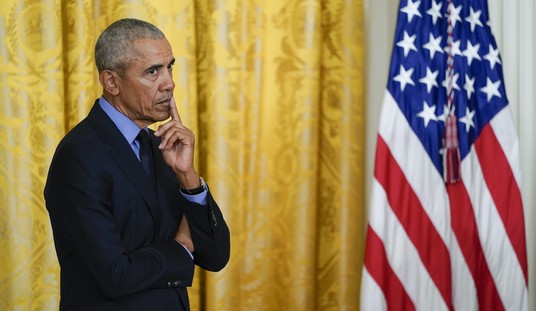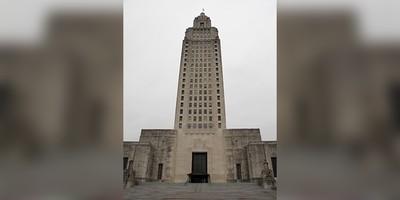“We have met the enemy and he is us” -Pogo (by Walt Kelly, 1970)
The 2024 election is well underway already, with control of the House, the Senate, and the White House all hanging in the balance.
So, what is the Republican Party doing? Presenting a clear set of priorities to the American electorate? Discussing issues of importance to the average voter? Showcasing leaders with a firm grasp of the issues and ready to take on a vulnerable, aging, and unpopular incumbent president?
Nope.
Republicans are busy fighting among themselves and squandering a razor-thin House majority pursuing matters having little if anything to do with issues that are uppermost on the minds of voters.
This is hardly a recipe for success either in government or at the ballot box, but nowhere to be seen is the adult leadership necessary to right the congressional ship, such as then-Speaker Newt Gingrich brought to the House with the Republican sweep of 1994.
In a sense, at least part of the blame for this predicament can be traced to the basic nature of the Republican Party, in which independence and diversity of views is encouraged -- the greatest strength and the greatest weakness of the GOP.
Unlike the Democrat Party, which as a general rule maintains a strict code in public of philosophical uniformity, Republicans to their credit welcome a wide variety of views on many key legislative issues, such as abortion, spending priorities, and even to a degree, immigration. Ideologic uniformity has never been a core GOP precept.
Recommended
However, to govern successfully in the Congress, a certain level of internal Party discipline is essential. Absent this, the diversity of views Republicans value sooner or later will cause significant friction, even splintering the Party.
In 1994, the Republican Party gained a majority in the House of Representatives for the first time in four decades. The resulting collegium was diverse, with senior members including moderates who had labored for years in the minority, suddenly in January 1995 sharing a caucus with six dozen Republican freshmen spanning the ideological spectrum but with heavy emphasis on the conservative side.
Despite that diversity, the leadership team of Speaker Newt Gingrich, Majority Leader Dick Armey, and Majority Whip Tom DeLay, was able to quell repeated internal insurgencies and cobble together winning majorities when it counted most.
The glue that held our new majority together was a shared sense that individual Members owed a degree of loyalty to the Party that provided the vehicle by which they were elected. This was Party loyalty that did not trump a Member’s commitment to their constituents, but rather fidelity that was to be factored into each Member’s decision-making on key pieces of legislation.
Also present back in those relatively halcyon days was an understanding that some compromises had to be made in order to move the Party’s entire agenda forward.
Finally, we had a clear, publicly articulated agenda coupled with a strategy to implement it -- a process that within three years of the Republicans gaining a majority, gave America its first balanced budget in more than three decades.
What do we have now, more than a quarter century later with another Republican majority in the House (albeit a much smaller one than Newt worked with during his tenure from 1995 through 1998)?
We have a range of issues on the minds of voters that would appear to be drawn straight from a list of reasons to vote Republican -- high energy costs, an immigration crisis, a culture in decline, the 2nd Amendment under constant attack, and a military falling into disrepair.
Rather than articulating clear and consistent solutions to these serious problems occupying voters’ minds, House Republicans fixate on Hunter Biden, argue over a no-win government “shut down,” and even propose to “expunge” actions undertaken against former President Trump by a previous Congress.
Then, rather than attempting to present at least the façade of a unified front for the voters, Republican Members of Congress are busy kicking Members out of their Party’s own internal caucuses, calling their own Speaker a “lying dog,” and labeling their own majority a “clown show.”
Perhaps this ADHD-style of governing, with its uncivil and childish bickering, is simply another sign of the times in which we live. One thing it is not, however, is a model for governing that offers voters a reason to repeat.
Bob Barr represented Georgia’s Seventh District in the U.S. House of Representatives from 1995 to 2003. He served as the United States Attorney in Atlanta from 1986 to 1990 and was an official with the CIA in the 1970s. He now practices law in Atlanta, Georgia and serves as head of Liberty Guard.

























Join the conversation as a VIP Member